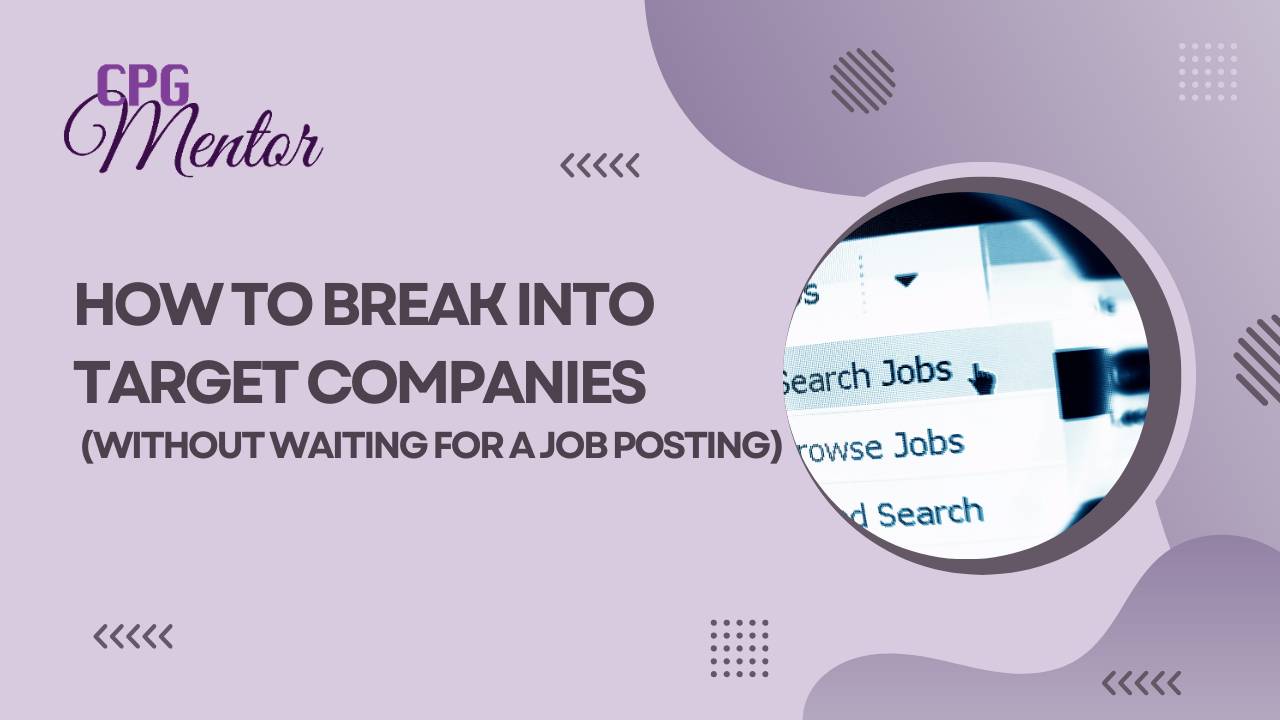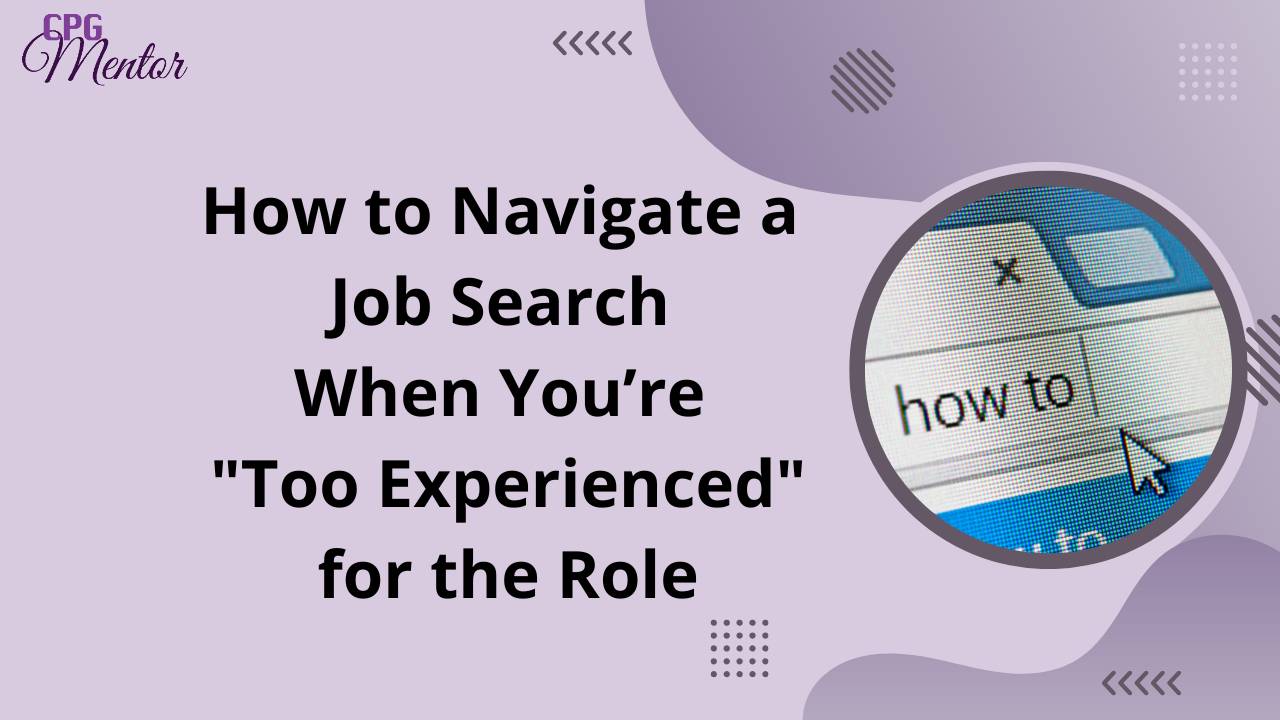They Said “You’re Too Corporate.” Here’s Why That Rejection Didn’t Matter.

Rejection stings—especially when you feel like you were the right fit.
I recently worked with a co...
How to Break Into Target Companies (Without Waiting for a Job Posting)

The Best Roles Aren’t Always Posted. Here’s How to Get on Their Radar Anyway.
If you’re building a ...
How to Navigate a Job Search When You're "Too Experienced" for the Role

When You Hear "You're Overqualified" — What It Really Means
If you’ve ever been told, “You’re too c...
Time Management in Job Search: Proven Strategies for Success

Searching for a new job can feel overwhelming, especially when juggling other responsibilities and c...
